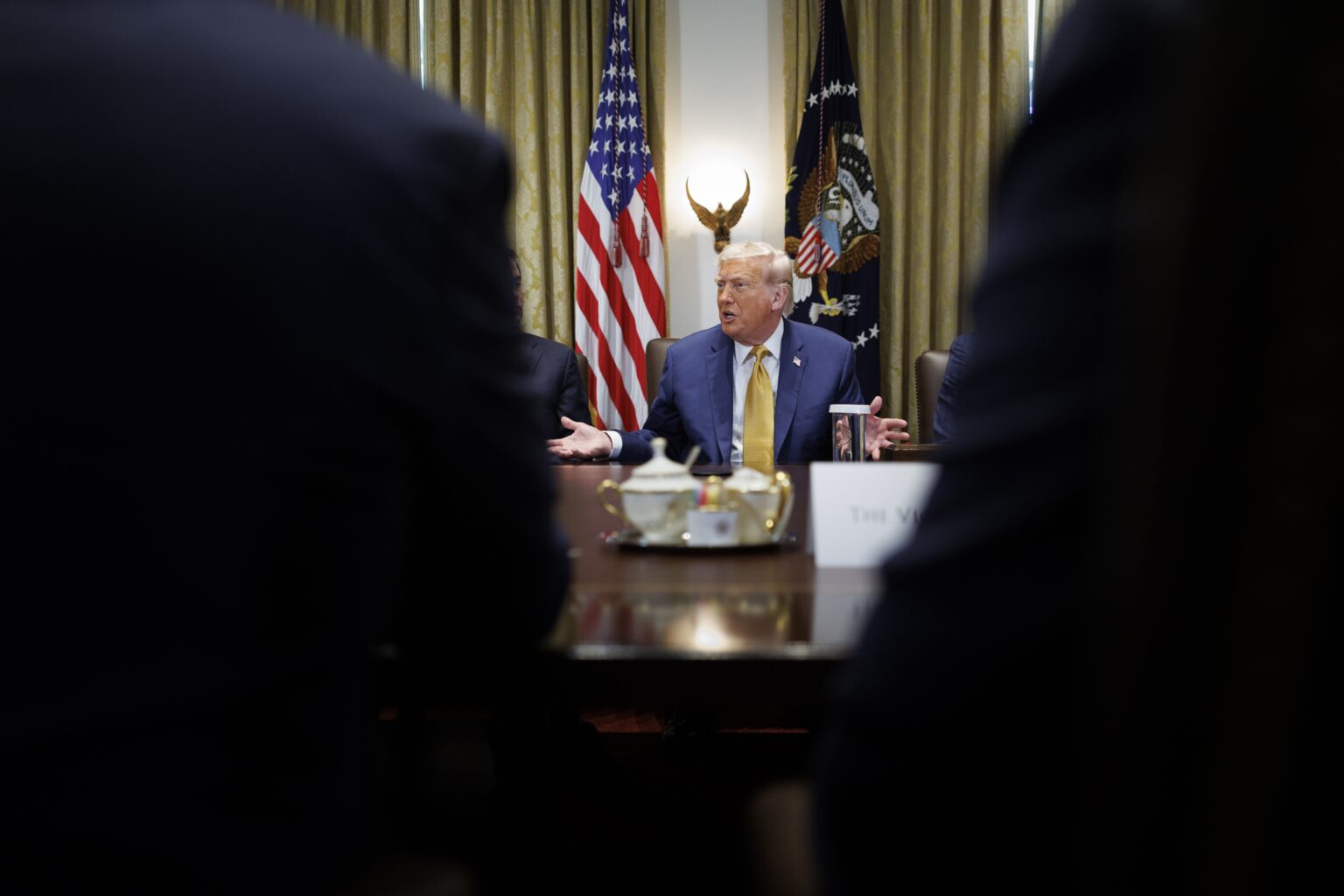Conservative Push for Unilateral Capital Gains Tax Reduction Under the Trump Administration
Following the recent enactment of the “One Big Beautiful Bill,” a coalition of conservative organizations and Republican legislators is gearing up to advocate for another significant tax reduction. Their goal: to persuade President Donald Trump to implement a substantial cut to capital gains taxes, potentially bypassing congressional approval.
The Financial Impact of Recent Tax Legislation
The recent tax and immigration reforms, championed by Trump, are projected to inflate the national debt by over $4 trillion within a decade. These laws broadly lowered tax rates while simultaneously reducing federal spending on programs like Medicaid and renewable energy subsidies. This legislation, which consolidates years of conservative advocacy, aims to make permanent many of the 2017 tax cuts introduced during Trump’s first term. It stands as one of the most costly legislative measures in recent history, reflecting a significant shift in fiscal policy.
The Drive for Further Tax Cuts: Focus on Capital Gains
With the recent legislative victory secured, conservative advocacy groups-most notably Americans for Tax Reform, led by anti-tax advocate Grover Norquist-are already lobbying for another round of tax cuts. Their primary focus is on drastically reducing the tax burden on capital gains, which are profits from the sale of assets like stocks, real estate, or businesses.
This initiative hinges on altering the Treasury Department’s method of calculating capital gains taxes. Currently, an investor who purchased stock for $1,000 in 1980 and sells it today for $10,000 would owe taxes on the $9,000 gain. Under the proposed plan, the calculation would be adjusted for inflation, effectively reducing the taxable gain and potentially lowering the tax liability significantly.
The Proposal: Changing How Capital Gains Are Calculated
The core of the proposal involves adjusting the original purchase price for inflation before calculating the gain. For example, if the inflation-adjusted value of the initial investment is higher, the taxable gain diminishes. While a 1992 Justice Department opinion indicated that such a change would require congressional approval, proponents like Norquist argue that the Treasury Department could implement this policy unilaterally if necessary.
Several influential figures within the GOP, including Senate and House leaders, have reportedly discussed the possibility of reviving this idea. Treasury Secretary Scott Bessent has been approached about supporting such a move, and some congressional Republicans are considering including this measure in upcoming tax legislation packages scheduled for later this year or early next year.
Political and Legal Challenges
Despite the enthusiasm among conservatives, the plan faces significant legal hurdles. The 1992 Justice Department opinion suggests that the Treasury Department lacks the authority to unilaterally enact such a change. Implementing it without congressional approval would almost certainly trigger legal challenges in courts.
Politically, the timing is complicated. The recent tax law was only signed into effect last week, and President Trump’s economic team is currently focused on implementing the new tax policies and negotiating trade agreements ahead of upcoming tariff deadlines.
Economic and Policy Implications
Economists from nonpartisan think tanks have expressed skepticism about the proposed change. Studies by the Tax Policy Center and Penn Wharton Budget Model estimate that indexing capital gains to inflation could add between $100 billion and $200 billion to the federal deficit over ten years. Moreover, the benefits would disproportionately favor the wealthy; the top 1% of earners could receive approximately 86% of the gains from such a policy, while the bottom 80% would see minimal benefits.
The current tax law, enacted last week, already favors the wealthy, delivering over $1 trillion in benefits to the top 1% while significantly cutting programs like Medicaid and food assistance, according to the Institute on Taxation and Economic Policy. Critics argue that further tax cuts for the wealthy are unnecessary and exacerbate income inequality.
Legal and Political Obstacles
Legal experts highlight that the Justice Department’s 1992 opinion remains a significant obstacle, as it indicates that the Treasury Department does not have the authority to implement such a change unilaterally. Any attempt to do so could face immediate judicial review.
Nevertheless, some conservatives remain optimistic. They argue that the policy could provide relief from inflationary pressures experienced during the Biden administration, which Trump and his allies frequently criticize. Trump himself has indicated that implementing this change would be straightforward and supported by many of his economic advisors.
Support from Conservative Think Tanks and Lawmakers
Prominent conservative figures, including Stephen Moore-an economic advisor to Trump-have championed the idea, framing it as a benefit for seniors by reducing taxes on stock and home sales. Moore emphasizes that indexing capital gains would be a straightforward policy that even Democrats would find difficult to oppose, framing it as a win for capital formation and economic growth.
Organizations like the Independent Women’s Voice have also expressed support, emphasizing the potential benefits for women, families, and small businesses. They suggest that if legislative action proves difficult, the President should consider executive orders to implement the policy.
Some Republican senators, such as Thom Tillis of North Carolina and Ted Cruz of Texas, have publicly endorsed legislation to enact the change, though Democratic opposition is expected to be overwhelming.
Conclusion: A Controversial and Complex Proposal
While the push for unilateral capital gains tax reductions gains momentum among conservatives, it remains a contentious issue. The proposal’s legal, economic, and political challenges are substantial, and its implementation could significantly impact federal revenue and income inequality. As debates continue, the question remains whether the Trump administration will pursue this strategy through legislative channels or executive action, shaping the future landscape of U.S. tax policy.

